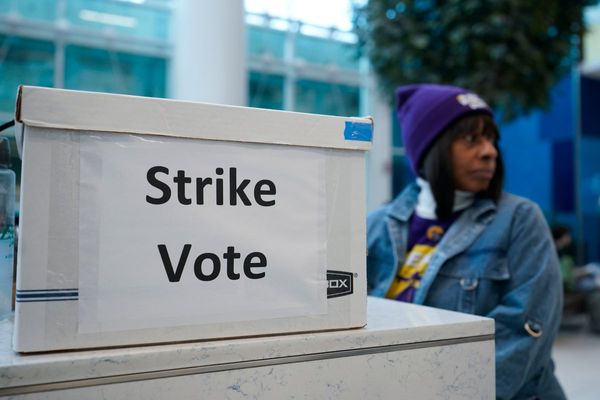
While many smaller airlines fail to take off and shutter just like businesses do, the situation becomes significantly more complicated when the matter concerns a country’s national carrier.
When travel ground to a halt during the Covid pandemic in 2020 and 2021, Congress approved a $25 billion bailout plan for airlines such as Delta (DAL) -), American Airlines (AAL) -) and United (UAL) -). Air France-KLM (AFRAF) -) received €10 billion in Europe while Singapore Airlines (SINGF) -) and AirAsia (AIABF) -) received similar rescue packages over in Asia.
Related: Travel chaos is so bad airlines are asking the government for help
While demand for travel bounced back so much that many airlines are now struggling to find the staff necessary to meet it, some airlines have been gripped with challenges around the rising cost of fuel as well as making the investments necessary for growth now.
Airline’s success will depend on these investment choices
When he stepped in as the new CEO of Madagascar Airlines in 2022, Thierry de Balleuil committed to the new “Phénix 2030” turnaround plan aimed at improving the finances of the African country’s primary airline. In its efforts to rebrand from Air Madagascar and relaunch long-haul flights after the pandemic, the airline accumulated over $25 million in debt in less than a year and $36 million over the course of 18 months.
More Travel:
- A new travel term is taking over the internet (and reaching airlines and hotels)
- The 10 best airline stocks to buy now
- Airlines see a new kind of traveler at the front of the plane
Early “Phénix 2030” plans included canceling its plans to lease mid-range Embraer E190-E2 (ERJ) -) planes and putting off plans to restart its international and domestic networks but, as first reported by aviation news outlet SimpleFlying, the airline will also receive funding from the World Bank.
While the exact amount is to be worked in meetings between World Bank representatives and Madagascar’s Ministers of Transportation and Finance taking place this month, funds will come as a loan to the country’s government which will then be given to the airline.
Madagascar’s government had formerly agreed to lend the airline $20 million for the lease of the Embraers before the commitment was scrapped for a more drastic turnaround plan.
De Bailleul said that the airline’s future will depend on making the “reasonable fleet and investment" choices that will allow the airline to start bringing in profit domestically before taking on more international routes.
‘It is too early for Madagascar Airlines to bet on an Embraer 190 E2…’
“After reflection, we considered that this type of aircraft is less adapted to our specific needs in Madagascar,” de Bailleul said of the scrapped plans to lease the Embraers earlier this month. “It is too early for Madagascar Airlines to bet on an Embraer 190-E2."
Preliminary plans for the World Bank funds include the first phase, which will focus on repaying what is currently owed under the IATA Financial Settlement Program (FSP), securing fleet and improving its digital software systems and the second phase, which will focus on making a dent in the debt the airline has taken on since April 2022.
“This situation had the effect of triggering a vicious circle,” the airline formerly said of its accumulating debt. “Heavy operating losses on long-haul quickly dried up the company’s cash-flow, leading to the impossibility of paying our suppliers — including for parts and maintenance equipment.”







